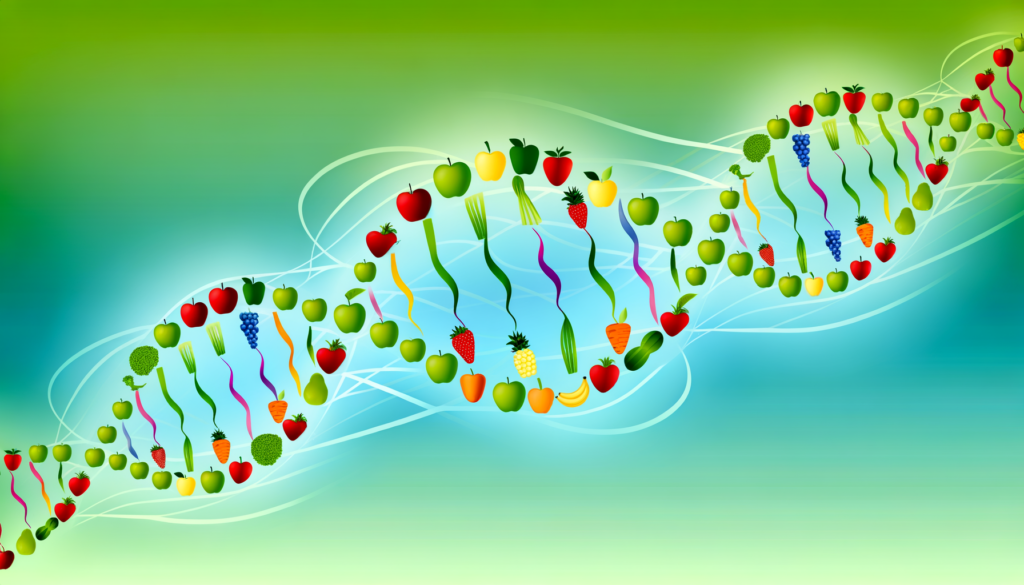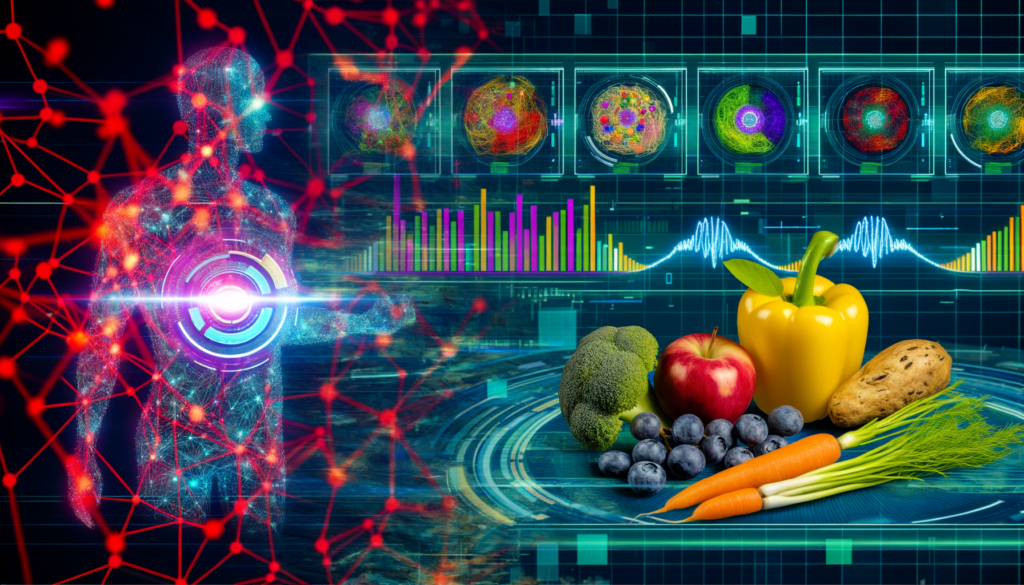Understanding the Complexities of Emotional Eating
Emotional eating is a pervasive issue that affects many individuals, often leading to unhealthy eating habits and significant impacts on both physical and psychological health. To address this, integrating mood monitoring can provide valuable insights and help individuals manage their emotional eating more effectively.
The Role of Emotions in Eating Behavior
Emotions play a crucial role in eating decisions, and understanding this relationship is essential for developing strategies to manage emotional eating. Research has shown that negative emotions, such as sadness, stress, and anxiety, can trigger overeating of high-calorie, energy-dense foods. This is because these foods offer short-term comfort and gratification, even though they may compromise long-term health goals.
Emotional Eating as a Coping Mechanism
Emotional eating is often used as a maladaptive coping strategy for managing negative emotions. Individuals who struggle with emotion regulation are more likely to engage in emotional eating, as they may find it difficult to manage their emotions through healthier means. This can lead to a cycle where emotional eating becomes a habitual response to emotional distress, further exacerbating the problem.
The Impact on Psychological Health
The connection between emotional eating and psychological health is profound. Emotional eaters often experience higher levels of depression, anxiety, and other mental health issues. The brain’s reward system, involving areas such as the orbitofrontal cortex and ventral striatum, is heavily involved in this process, making it challenging for individuals to override immediate pleasure for long-term health benefits.
Using Technology for Mood Monitoring
Advances in technology offer promising solutions for monitoring and managing emotional eating. Studies have explored the use of mobile applications and wearable sensors to detect emotional states and provide just-in-time support. For example, the EmoTree app allows users to self-report their emotions and eating behaviors, increasing awareness of emotional triggers and helping users develop more conscious eating habits.
Practical Strategies for Managing Emotional Eating
Observing and Understanding Eating Patterns
To manage emotional eating effectively, it is crucial to observe and understand personal eating patterns. This involves paying attention to the emotions and situations that trigger overeating. Keeping a food and mood journal can help identify specific triggers, such as stress, boredom, or certain social situations.
Developing New Coping Skills
Replacing emotional eating with healthier coping mechanisms is key. This can include activities such as taking a walk, practicing mindfulness, talking to a friend, or engaging in a hobby. These alternatives help manage emotions without resorting to food, breaking the cycle of emotional eating.
Planning Ahead and Healthy Eating
Planning healthy meals and snacks in advance can help mitigate the temptation of unhealthy foods during stressful times. Stocking the kitchen with nutritious options and preparing meals ahead of time can make healthy eating more convenient and accessible.
Making Comfort Foods Healthier
For those who find comfort in certain foods, making these foods healthier can be a viable solution. This can involve using lower-calorie ingredients, such as fat-free half-and-half or applesauce instead of butter, and choosing healthier cooking methods like using cooking spray instead of oil.
Seeking Professional Help
For some individuals, emotional eating may be a symptom of a deeper issue, such as an eating disorder. If self-help strategies are not effective, seeking help from a mental health professional can be beneficial. Therapy can help individuals understand the underlying causes of their emotional eating and develop more adaptive coping strategies.
The Future of Mood Monitoring and Emotional Eating
Advanced Technologies and Personalized Interventions
Future advancements in technology, such as more sophisticated wearable sensors and AI-driven emotional detection systems, hold great promise for personalized interventions. These technologies can provide real-time feedback and tailored support, helping individuals manage their emotions and eating behaviors more effectively.
Integrating Mood Monitoring into Daily Life
Integrating mood monitoring into daily life can be as simple as using a mobile app or wearable device. These tools can remind users to log their emotions and eating behaviors, providing valuable insights into their patterns and helping them make more informed choices. For example, services like Calorie Calculator Cloud can help users track their calorie intake and make healthier decisions based on their emotional state.
Conclusion and Next Steps
Managing emotional eating requires a multifaceted approach that includes understanding the emotional triggers, developing healthier coping mechanisms, and leveraging technology for support. By integrating mood monitoring into daily life, individuals can gain valuable insights into their eating behaviors and make significant strides in improving their psychological and physical health.
If you are struggling with emotional eating and are looking for tools to help you manage your calorie intake and make healthier choices, consider exploring Calorie Calculator Plans and other resources that can support your journey towards better health.
In addition to technological tools, incorporating strategies from reputable health resources such as the Mayo Clinic and Mount Sinai Health Library can provide comprehensive support.
By taking these steps, you can break the bonds of emotional eating and move towards a healthier, more balanced lifestyle.








